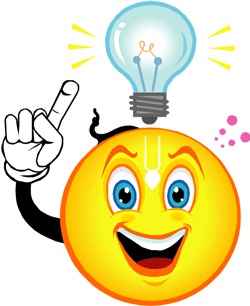


I admire my camel-loving mother and all she has accomplished in her life. My mother gave me up so thatīut it gave me hundreds of brothers for life, a fine education and a chance to serve my community. Unable to tolerate this, when I was five my mother placed me in an orphanage far away, where I lived and studied for the next eight years. When she remarried, my stepfather abused me. When my mother was 17, she was married to an old man who soon died. That women livestock researchers and producers Forming groups and working cooperatively, the women were soon buying sewing machines and pasta making machines with their surplus cash. Over time, these women improved both their crop and their livestock production, much to the men’s delight. They wanted to know what they could do to improve their goat feeding. The women in that community called out to us, explaining, When my colleague and I returned for a follow-up visit, We were told that we could not talk to the women alone, so we spoke mostly with the men. One day I travelled with another woman, a social scientist, to a community in Nigeria to discuss animal feeding regimes. Years ago I worked in West Africa as an agronomist. A world in which gender equalityĪnd climate-resilient food systems -CGIAR GENDER Platform visionīelow, in answer to the request for news of people’s ‘aha’ moments regarding their understanding of the central importance of gender in agricultural development, are four such stories from ILRI staff. In January of this year, ILRI took on the role of coordinating a new CGIAR-wide platform called ‘GENDER’, which stands for ‘Generating Evidence and New Directions for Equitable Results’. ILRI is the only CGIAR centre focusing on sustainable, pro-poor livestock development. The International Livestock Research Institute ( ILRI) is one of 15 CGIAR centres located around the world, most of them in developing countries, that are working to improve food crops, livestock, fish and water and other natural resources and related policies in developing countries. That’s the question asked of staff belonging to CGIAR-a global research partnership working for a food-secure future and dedicated to reducing poverty, enhancing food and nutrition security and improving natural resources. When was it made crystal clear to you how important gender issues are to agricultural development? Centre for tropical livestock genetics and health.Poverty reduction, livelihoods and jobs.Gender, equality, youth and social inclusion.


 0 kommentar(er)
0 kommentar(er)
